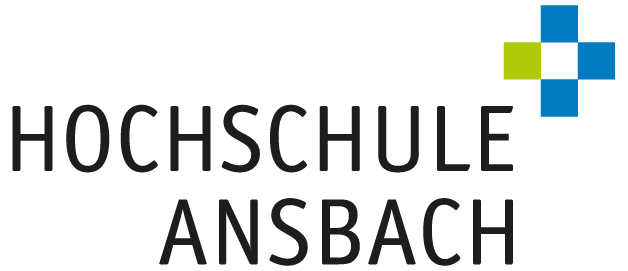Who is savvy about digital ethics? Differences between teacher education, law, and computer science students
Abstract
Learning in the digital world requires not only technological skills for using digital tools but also ethical skills to critically reflect on (in)adequate digital media use and potential negative consequences. These skills are particularly crucial in professions dealing with public welfare and societal issues. Inter alia, those are teachers who educate the youth, legal professionals who judge (il)legal behavior regarding media, or computer scientists who bear responsibility when developing algorithms. Accordingly, higher education students studying teacher education, law studies, or computer science studies should develop ethical skills for the digital world. This study examined how higher education students perceive problematic media behaviors and which digital competences they regard relevant for ethical issues. In addition, the study investigated whether students of teacher education, law studies, and computer science studies differ in their perceptions. To this end, an online survey with N = 461 participating students was conducted. Study results indicated that higher education students perceived problematic media behaviors as such with posting inappropriate content identified as the most problematic. Furthermore, students considered several digital competences as relevant for ethical issues with protecting and acting safely as most relevant. In-depth analyses uncovered subject-specific differences with computer science students being most ethically savvy, albeit differences were only of small effect size. The study provides valuable insights into the intersection of digital competences, ethical considerations, and academic disciplines. In the future, longitudinal and training studies will help to understand how differences emerge and whether students of different study subjects benefit from digital ethics training.
mehrMehr zum Titel
| Titel | Who is savvy about digital ethics? Differences between teacher education, law, and computer science students |
|---|---|
| Medien | Education and Information Technologies |
| Verlag | Springer Nature |
| Band | 2025 |
| Verfasser | Prof. Dr. Marion Händel, Marc-Pascal Berges, Michaela Gläser-Zikuda, Prof.Dr. Rudolf Kammerl, Hans Kudlich, Sabine Martschinke, Manfred Pirner |
| Veröffentlichungsdatum | 13.09.2025 |
| Zitation | Händel, Marion; Berges, Marc-Pascal; Gläser-Zikuda, Michaela; Kammerl, Rudolf; Kudlich, Hans; Martschinke, Sabine; Pirner, Manfred (2025): Who is savvy about digital ethics? Differences between teacher education, law, and computer science students . Education and Information Technologies 2025. DOI: 10.1007/s10639-025-13714-2 |
